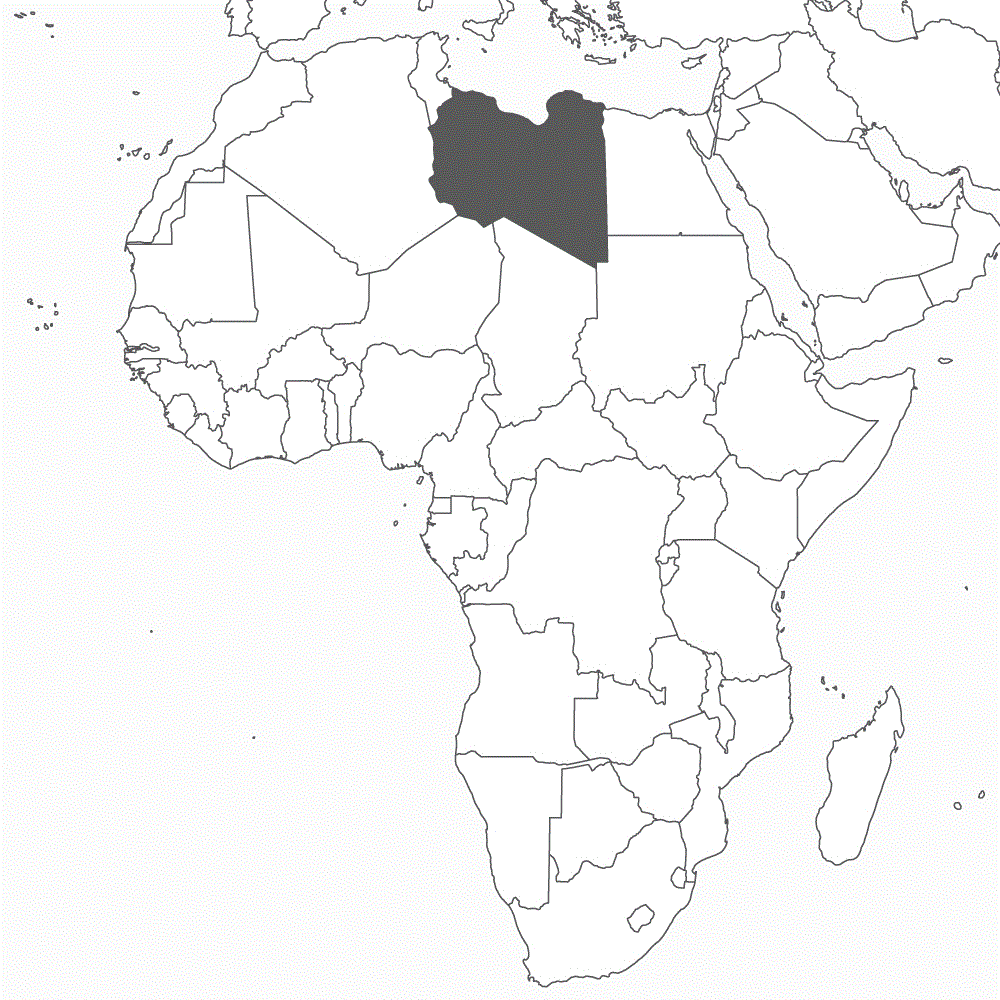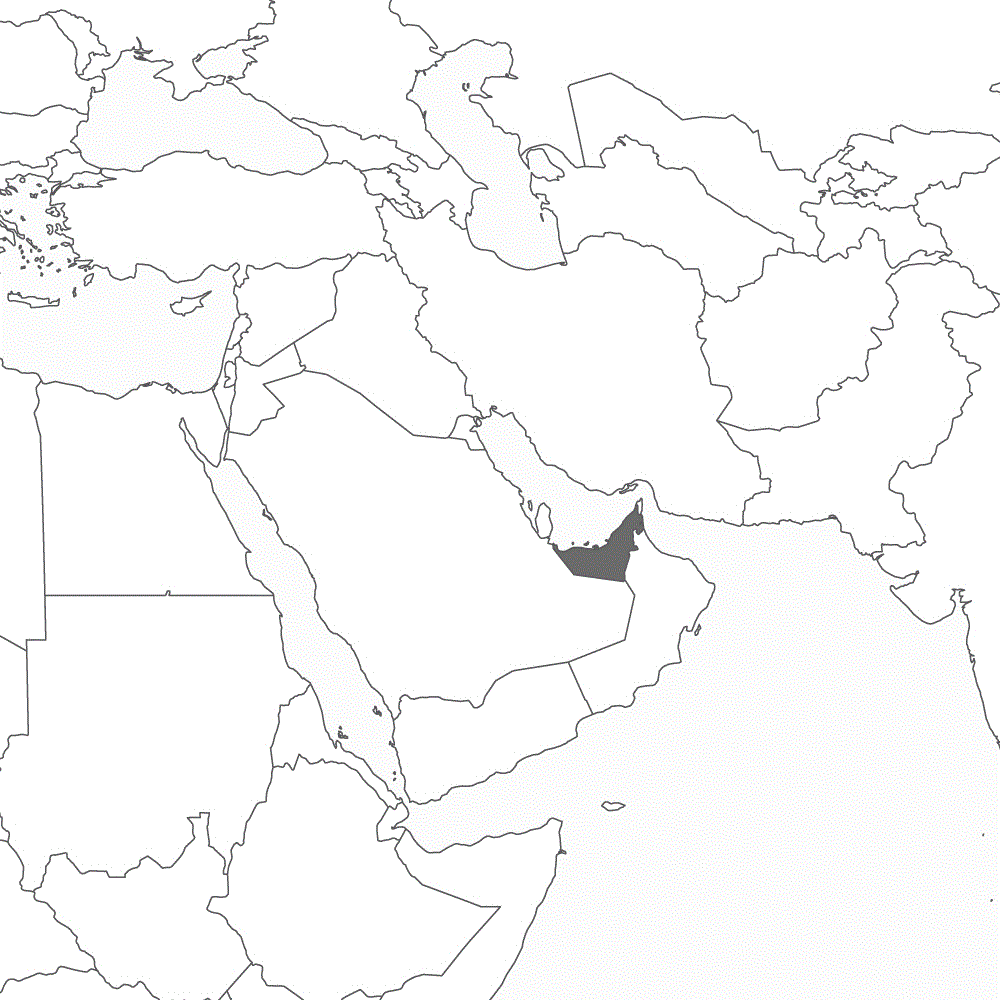The EU's Creative Power
As mediator in the Libyan war, Berlin failed in its ambition to enforce a ceasefire.
BERLIN/TRIPOLI (Own report) - German Foreign Minister Heiko Maas has announced new German initiatives to end the war in Libya and declared that the EU's "Irini" military operation is an "example of the Union's political creative power." Germany has so far failed in all its efforts to achieve a ceasefire in that North African country. This is particularly significant since the German government assumed the role of mediator in the Libyan war in the eyes of world's public at its Berlin Libya Conference on January 19. Instead of laying down their arms, the Libyan belligerents have since escalated their combat. Following initial successes of the East Libyan warlord Khalifa Haftar's militias, troops of the "Government of National Accord" (GNA) were finally able to achieve a military breakthrough and advance toward the strategically important areas of Sirte and al-Jufrah. Now, Egypt is threatening to intervene. Experts believe that, at best, Russia and Turkey would be able to enforce a ceasefire but not Berlin and the EU. Read more
The Mediterranean of Tomorrow
German foreign policy makers are calling for the Bundeswehr's deployment to Libya. The influence of European powers is dwindling
BERLIN/TRIPOLI (Own report) - New demands for deploying the Bundeswehr to Libya are being raised in Berlin. Already last week, Wolfgang Ischinger, Chairman of the Munich Security Conference, was pleading for the deployment of the navy or air force. On the weekend, Johann Wadephul, the CDU's foreign and military policy expert declared, "we may have to face difficult security policy tasks." At the same time, the revival of the EU's "Sophia" naval operation to prevent arms trafficking to Libya is being discussed. Foreign Minister Heiko Maas announced a UN Security Council resolution to enforce the arms embargo against the country, albeit apparently without material sanctions. If they were imposed, they would affect countries whose cooperation Germany depends on for its Middle East policy. According to experts, countries such as Russia and Turkey are replacing European powers as major influential external forces in Libya. The country could thus be "a preview of the Mediterranean of tomorrow." Read more
Berlin Libya Conference (II)
Experts voice skepticism about the results of the Berlin Libya Conference. Oil blockade escalates in Libya.
BERLIN/TRIPOLI (Own report) - Experts voice skepticism about the results of the Berlin Libya Conference. In the German capital, the heads of states and governments of the major countries involved in the Libyan war adopted a resolution yesterday providing, in particular, for a ceasefire, the implementation of an arms embargo and initial steps toward the reestablishment of the Libyan state. However, a formal ceasefire and a mechanism to enforce the arms embargo are absent, according to the Clingendael Institute, a Dutch think-tank. The Berlin Conference took place "in a sort of parallel reality to what is actually happening in Libya," Wolfram Lacher, a Libya scholar at the German Institute for International and Security Affairs (SWP) noted. New indications of a military escalation were reported yesterday and it appears that nearly the entire oil production is being throttled. German foreign policy politicians are discussing an EU military intervention involving also the Bundeswehr. Read more
The German-Russian Treasure
Merkel negotiates with Putin over Libya. Berlin announces International Libya Conference
BERLIN/MOSCOW/TRIPOLI (Own report) - The German government can no longer implement important foreign policy projects in the Arab world without Russia's support, as the results of Saturday's negotiations between Germany's Chancellor Angela Merkel and Russia's President Vladimir Putin demonstrate. Moscow will, in principle, support the "Berlin Process", with which the German government would like to take on the role of an influential mediator in the Libyan war. Without Moscow, Berlin did not succeed in holding the International Libya Conference, which was designed to become the first highlight in the "Berlin Process." In the run-up to Merkel's Moscow visit, German foreign policy experts lavished unhabitual praise on the influence Russia has gained over the past few years. If you wanted to achieve anything in Syria, "you had to call Washington," according to Bijan Djir-Sarai, FDP foreign policy parliamentarian, "today you have to call Moscow." Alexander Graf Lambsdorff, member of the Bundestag (FDP) calls German Russian relations "a treasure." Read more
Relegated to the Role of Spectator
EU powers warn of external interference in Libya. Russia and Turkey are contemplating a process to end the war
BERLIN/TRIPOLI (Own report) - German Foreign Minister Heiko Maas warns against foreign countries interfering in Libya. "Continuing outside interference is fueling the crisis," according to yesterday's joint statement, signed by Maas and his counterparts from France, Italy, Great Britain and the EU's High Representative for Common Foreign and Security Policy, "to the detriment of the country's national interests." In 2011, France and Great Britain had been the driving forces behind the war on Libya. Germany and Italy have been intervening in the country for years - to ward off refugees. The sudden warning against foreign interference must be seen in the context of the fact that Russia and Turkey have gained a strong position within the country by cooperating with parties engaged in the civil war. Observers reported that, similar to the "Astana Process" in Syria, Moscow and Ankara are now seeking to end also the war in Libya - under Russian-Turkish leadership. This would be a further blow to Western hegemony. Berlin is trying to prevent this with its own International Libya Conference. Read more
BERLIN/TRIPOLI (Own report) - Germany's Foreign Minister Heiko Maas is intervening in Libya, calling for an "end to foreign intervention." On the occasion of his trip to Turkey and North Africa he arrived last Sunday for a brief visit in the country, to prepare an international conference on Libya, which the German government intends to convene soon. With this conference the German government seeks to possibly pacify the country and distinguish itself as a "regulatory force" in North Africa. Maas then traveled on to Egypt, which also is involved in the Libyan war. While the German minister is declaring that the Egyptians should be able "to breathe the air of liberty," Cairo is continuing its brutal repression. Since the military coup in July 2013, more than 1,500 people have disappeared from state custody. While seeking to pacify Libya, Berlin is increasing its "regulatory" activities in an "arch of crisis" extending from North Africa and the Middle East to Central Asia. However, until now, without success. Read more
BERLIN/TRIPOLI/ABU DHABI (Own report) - Despite the UN arms embargo, German military equipment is being deployed in the Libyan war. According to reports, this includes military trucks, produced jointly by the Düsseldorf-based Rheinmetall arms manufacturer and the VW subsidiary MAN, which serve as carriers for a Russian air defense system. The United Arab Emirates (UAE) purportedly redeployed these trucks in to Libya in support of the warlord Khalifa Haftar. The Emirates also use German arms in the war in Yemen. This is no coincidence: The Gulf state, one of German arms manufacturers' major customers, is increasingly pursuing an offensive foreign policy, which includes a military component, as in cases such as Libya and Yemen. Abu Dhabi is also supporting German efforts to control the Sahel and has begun establishing military bases at the Horn of Africa. Germany maintains a "strategic partnership" with the UAE. Read more
TRIPOLI/BERLIN (Own report) - Sea rescuers, critical observers and experts are warning against the EU's plan to reinforce Libya's Coast Guard. Last weekend, sea rescuers announced they would file a lawsuit against the coast guard for allegedly leaving three people behind on the high seas in a disabled dinghy. A woman and a child died a miserable death. Already in June, the United Nations had imposed sanctions on several of the EU's Libyan cooperation partners - including the coast guard commander in Zawiya, the leader of a militia, accused of using firearms to sink migrant boats. Experts warn that by transforming civil war militias into coast guard units rather than disarming them, the EU is actually rewarding the armed militias and undermining the officially aspired reconstruction of the Libyan state. In the meantime, initial signs of opposition to the brutal repulsion of refugees are appearing within Italy's Coast Guard: Officers were refusing to follow orders and are voicing their criticism publicly. Read more
GERMAN-FOREIGN-POLICY.com
Information on German Foreign Policy: News + Interviews + Analyses + Background

